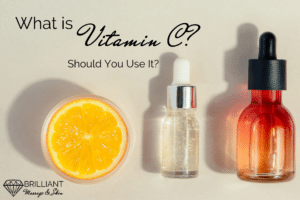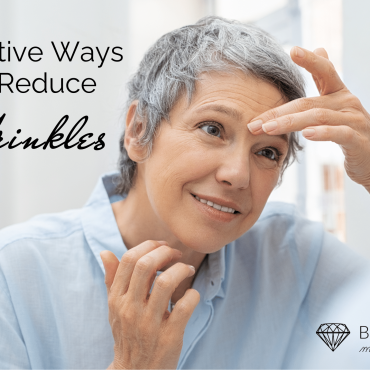What is Vitamin C? Should You Use It?


Amazingly, vitamin C’s skin-saving benefits aren’t limited to its antioxidant status. It has plenty of other skin-healing properties that make it worthy of a permanent place in your medicine cabinet.
Remember: Collagen and elastin are both naturally occurring protein fibers that help keep skin plump and firm. So, in helping to promote collagen production, topical vitamin C can help prevent premature aging of the skin.
It’s a superior brightening agent that works to fade brown spots without altering normal skin pigmentation.
The key is not the vitamin C’s vehicle, but the form of vitamin C applied.
The term to look for is ascorbic acid (also known as L-ascorbic acid), the most stable and effective form of vitamin C in skincare.
Adding vitamin E into the mix is like a one-two punch of skin-saving goodness.
Pure ascorbic acid has consistently been proven to be the most effective at penetrating the skin barrier. Vitamin C effectiveness increases when combined with other antioxidants, such as vitamin E, together they can double protection against free-radical damage.
Vitamin C breaks down when exposed to light or air, so dark glass bottles help maintain its stability (and, therefore, efficacy). As a general rule, serums should be layered underneath your moisturizer.
Five percent serums are generally gentle enough for sensitive skin, and you can go all the way up to 20 percent, which will work more quickly to brighten and improve skin pigmentation.
Brilliant Massage & Skin
Burlington, Vermont


